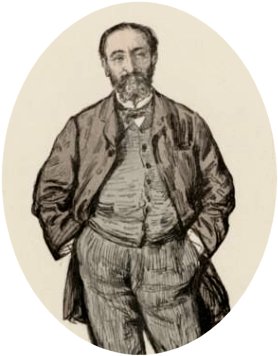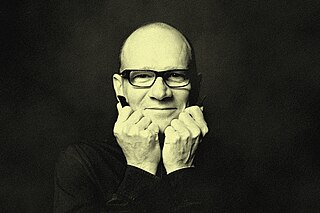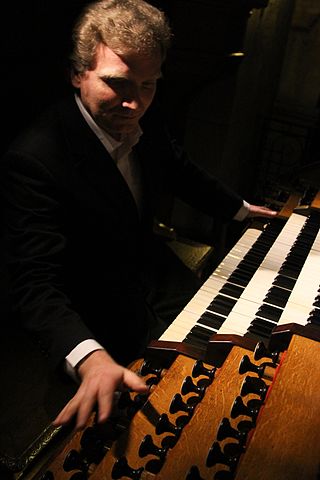Related Research Articles
Philippe Huttenlocher is a Swiss baritone.

John Wilton Nelson is an American conductor. His parents were Protestant missionaries.

Hélène Bouvier was a French operatic mezzo-soprano, particularly associated with the French repertoire.

Jorge Chaminé is a Portuguese operatic baritone.
The Victoires de la musique classique are an annual French classical music award event founded in 1986. The awards are the classical equivalent of the popular music awards Victoires de la Musique and the Victoires du Jazz. Most of the awards are for actual performers, orchestras, composers, etc. as opposed to the Diapason d'Or given to recordings, though there is an Enregistrement français de musique classique de l'année.

Laurence Dale is an English tenor, artistic director and conductor.
Accentus is a French chamber choir founded by Laurence Equilbey in 1991. The ensemble has been in residence at the Opéra de Rouen since 1998. When in Rouen, the choir usually holds concerts at the Théâtre des Arts or the recently reopened Chapelle Corneille

The Requiem, full title Messe de Requiem, Op. 54, is a Requiem Mass composed by Camille Saint-Saëns in 1878 for soloists, choir and orchestra. He composed it in memory of his friend and patron, Albert Libon, and conducted the first performance on 22 May 1878 at Saint-Sulpice in Paris, with Charles-Marie Widor as the organist. It was first published the same year.
Denis Comtet is a French organist, pianist, choral conductor, and conductor.

Emmanuel Trenque is a contemporary French choir conductor.

Joël Suhubiette is a contemporary French choral conductor. In particular, he conducts the chamber choir Les Éléments which he founded in Toulouse and with which he received a Victoire de la musique classique in 2006 and the Ensemble Jacques Moderne in Tours.
Yvonne Gouverné, née Yvonne Marcelle Gouverné, was a 20th-century French pianist by training, who went on to become an accompanist and choir conductor.
Banalités is a set of five mélodies for voice and piano composed by Francis Poulenc in 1940 on poems by Guillaume Apollinaire (1880–1918).
Philippe Cantor is a contemporary French bass-baritone.
The Chœur d'Oratorio de Paris is a French mixed choir, funded in 1989 by Jean Sourisse.

Éric Maurice Lebrun is a French composer, organist, musicologist, and author.

Jean-Patrice Brosse was a French harpsichordist and organist.
Gérard Condé is a French composer and music critic.
Duruflé: Complete Choral Works is the seventh release by the choral group Houston Chamber Choir performing the unabridged choral works of composer Maurice Duruflé. Conducted by Artistic Director Robert Simpson and performed by organist Ken Cowan, the project is their first to be released under the Signum Classics label. The album won the 2020 Grammy Award for Best Choral Performance.
Olivier Schneebeli is a French conductor and choirmaster, as well as music teacher, known for his work on Baroque music. He was named to the Legion of Honour in 2021.
References
- ↑ Biographie, site Larousse.fr.
- ↑ "Bio M.Piquemal". Chœur Vittoria (in French). Retrieved 27 November 2017..
- ↑ Christine Lajarrige on concerts.fr/Biographie
- ↑ "Discographie Naxos" (in French). Retrieved 27 November 2017..
- ↑ "Discographie – EVMP". evmpiquemal.com. Retrieved 27 November 2017..
- ↑ "Article de presse Tutti Magazine" (in French). Retrieved 27 November 2017..
- ↑ "Interview O. Bellamy" (in French). Retrieved 27 November 2017.
- ↑ "Discographie avec le Chœur Vittoria" (in French). Retrieved 27 November 2017.
- ↑ "Discographie musique Opus" (in French). Retrieved 27 November 2017.
- ↑ "EVMP" (in French). Retrieved 27 November 2017.
- ↑ "Reportage Répétition Calmel". YouTube (in French). 1980. Retrieved 27 November 2017.
- ↑ "Reportage concertclassic.com". YouTube (in French). 2013. Retrieved 27 November 2017.
- ↑ "Reportage Enregistrement MisaTango". YouTube (in French). 2016. Retrieved 27 November 2017.